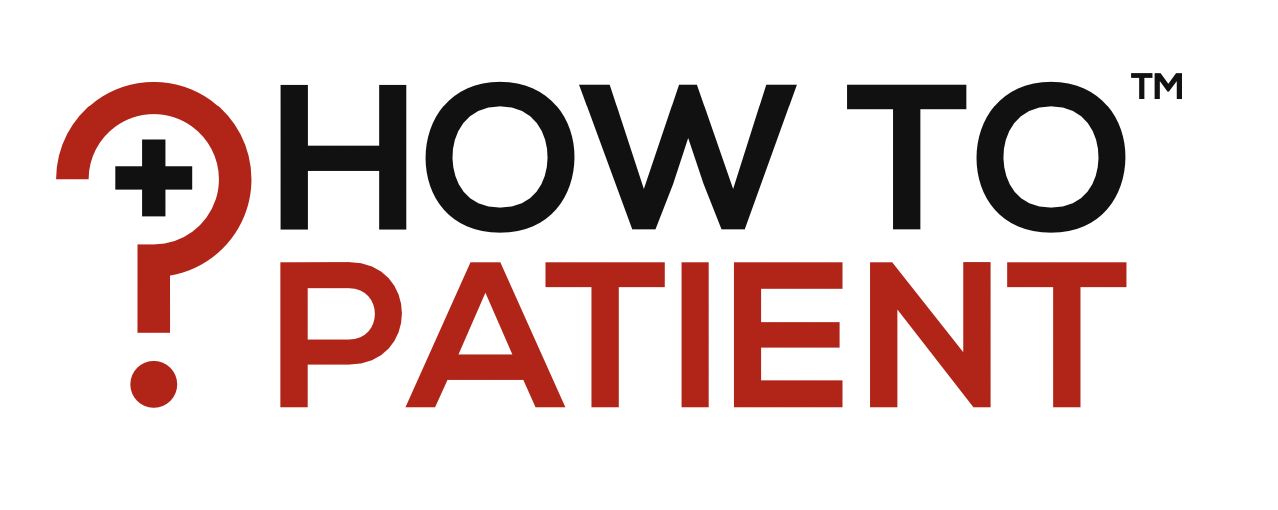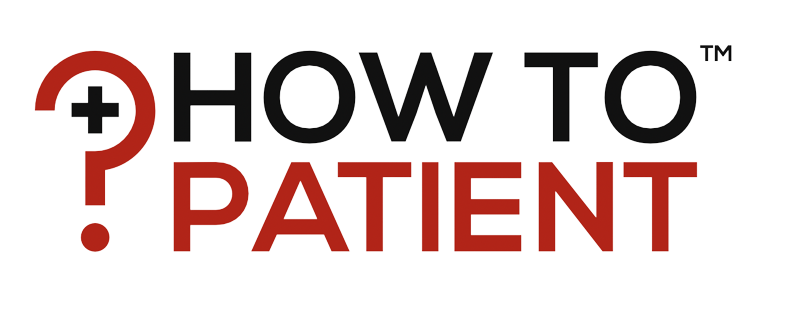
Achieve your goals
Acknowledgements
Thank you to the individuals below for taking the time review the content of our Patient Experience training program!
Robert T Hasty, DO, FACOI, FACP
Dean & Chief Academic Officer, Orlando College of Osteopathic Medicine (proposed - seeking accreditation) - OCOM
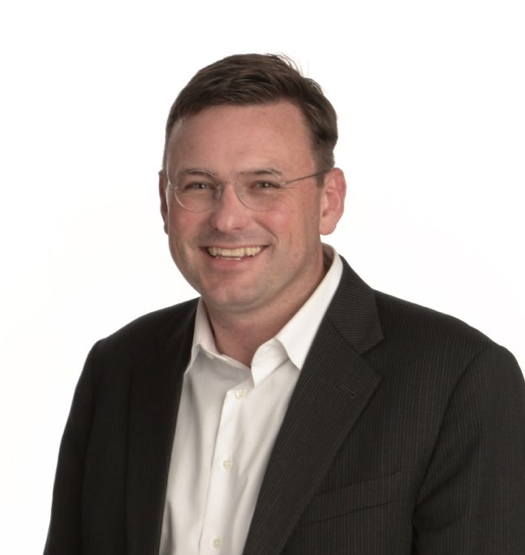
In this guide, Dr. Goldman provides an insightful and interesting read related to patient communication and satisfaction. Each section provides a concise perspective with solid recommendations on how to handle some of the most challenging aspects related to communication in the care of a patient.
Peter Powers
CEO, Memorial Regional Hospital
Memorial Healthcare System
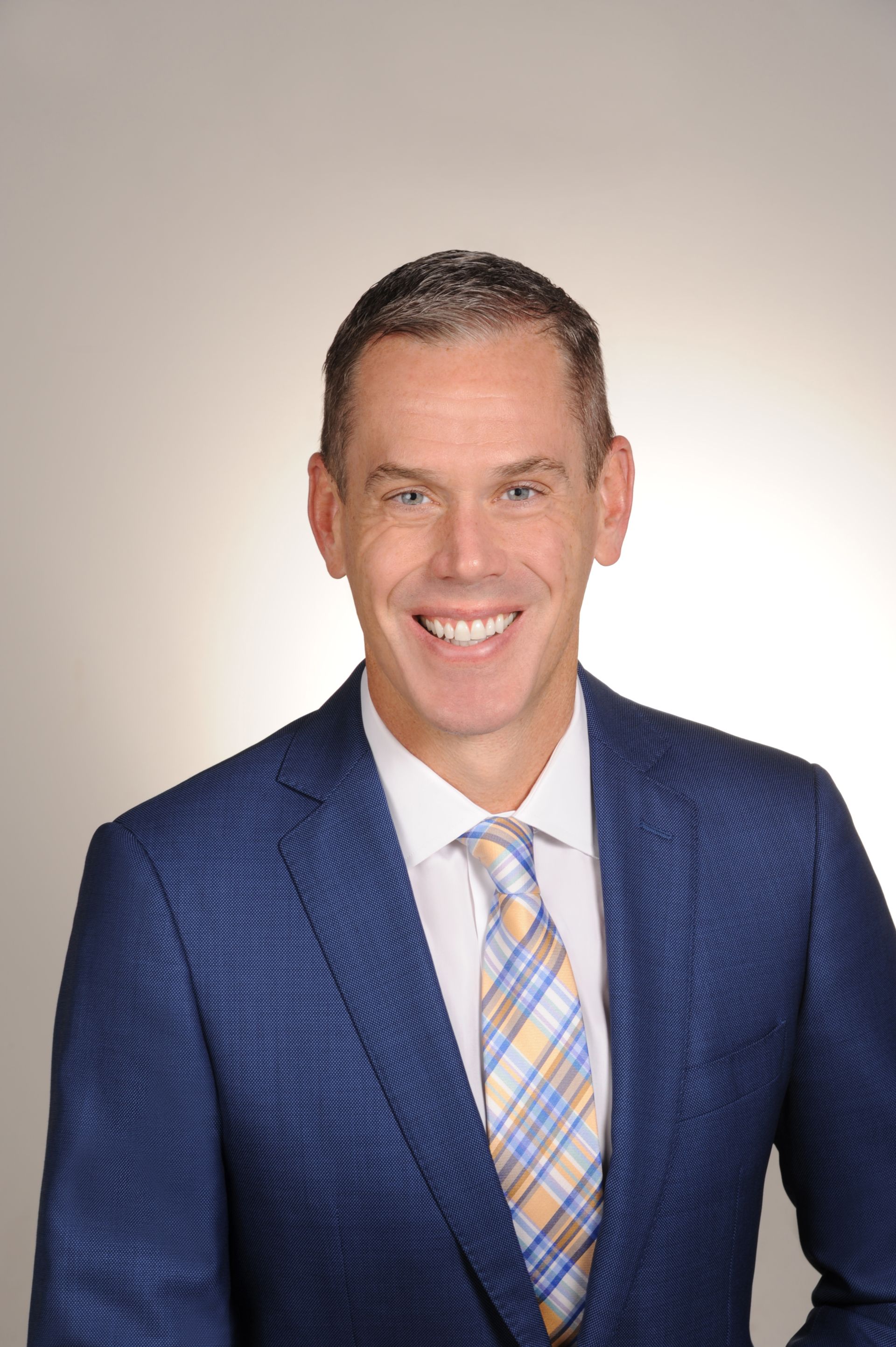
Dr. Goldman has put together an incredibly valuable training manual. His straightforward teachings foster trust, result in better patient outcomes and are highly recommended for caregivers wanting to improve the patient experience.
David B. Mishael
Esquire DAVID B. MISHAEL, P.A. Malpractice Attorney
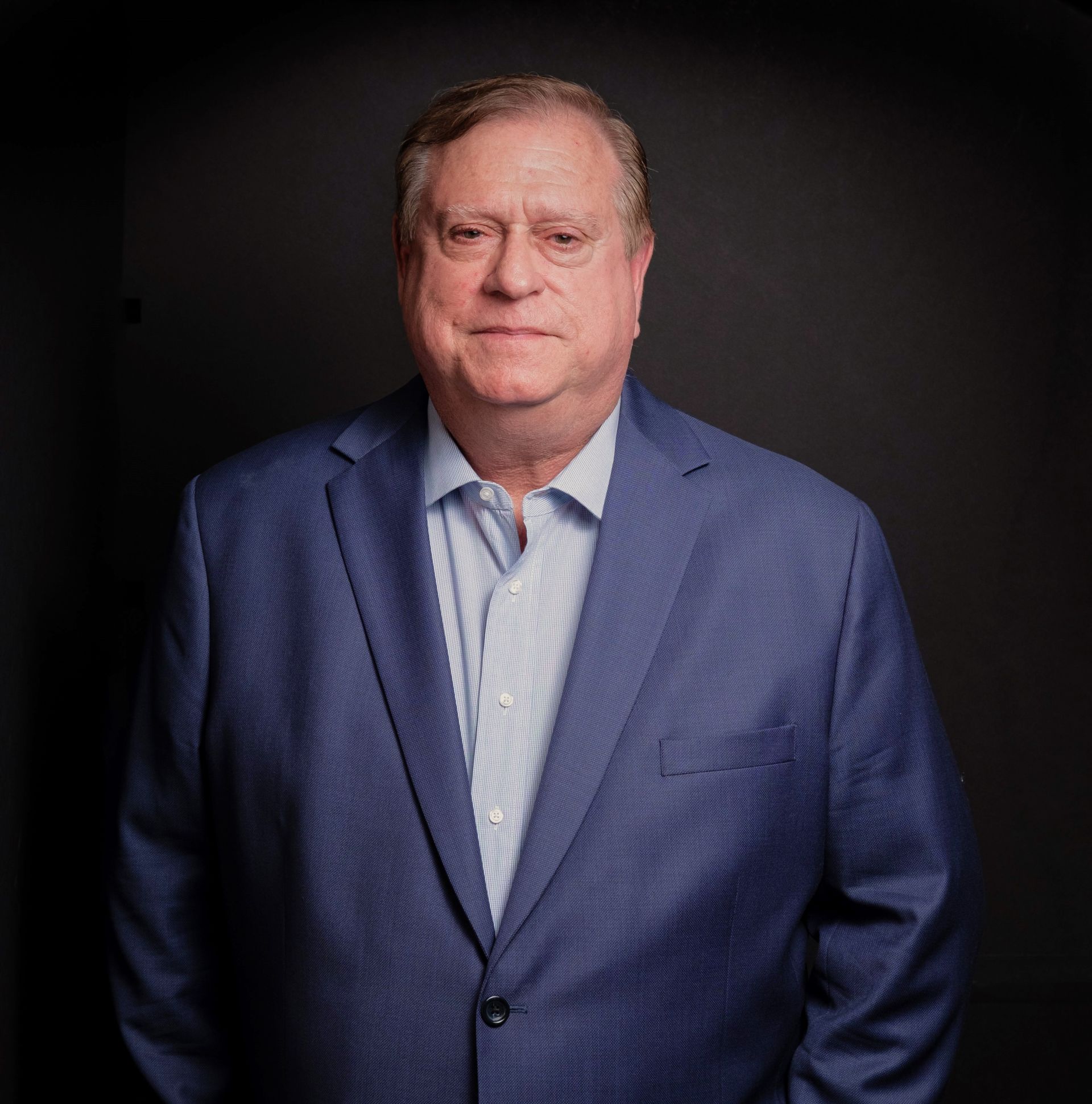
As far as a testimonial, please know I have handled Medical Negligence cases
for 39 years now, with my initial 5 years in practice defending Hospitals and
physicians, Including Jackson Memorial/ Ryder Trauma Hospital, the University of Miami
School of Medicine; and the last 34 years representing victims of medical malpractice.
Years ago I authored a Chapter in Critical Care, a textbook published by
J.B. Lippincott, entitled "Avoiding Legal Problems in Critical Care Medicine".
I was asked to write the chapter by Joseph Civetta, MD, the former head of
Critical Care Medicine at JMH.
Dr. Goldman's Treatise is a "Must Read" for any physician, nurse, or support
staff member working in an emergency room setting. Numerous medical negligence
claims get filed because patients and family members are excluded from the
dialogue: are not told of diagnostic test results, consequential lab findings or
discharge instructions. Many families seek legal assistance, even when the best of care
may have been provided, because they "don't really know what happened" !!
Demonstrating empathy and apologizing for delays allows the communication lines to
flow freely between patients and their health care providers. Medical arrogance has
no place in an ER setting, and Dr. Goldman properly explains that a crucial step in avoiding it
is simply to sit down with the patient or family members when you are speaking
with them and do not pre-judge who is sitting across from you.
Tahnie Danastor, MD., FACOG
Board-certified OB/GYN
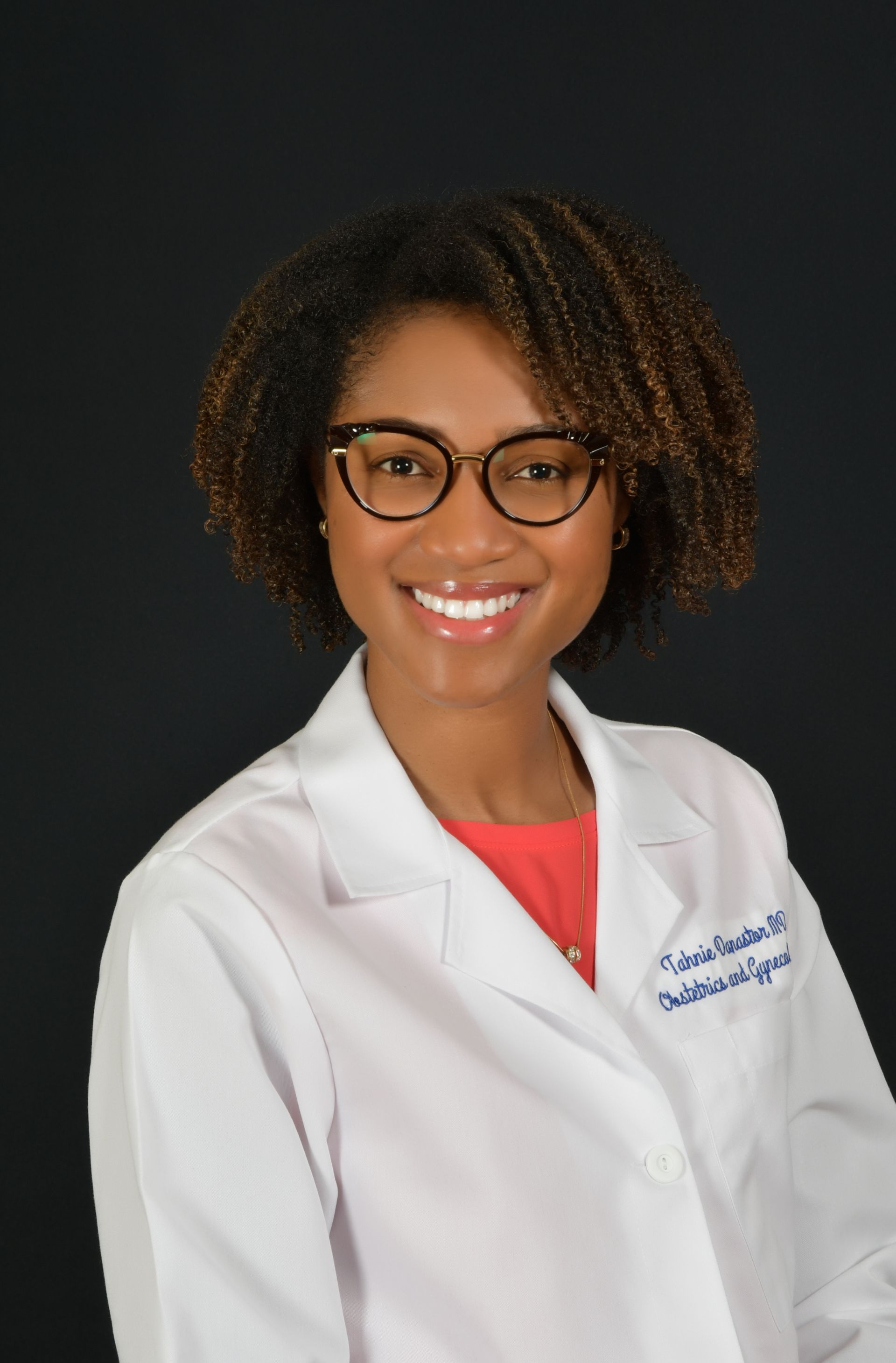
Throughout my training, I always heard about the art of medicine, yet I have never found a book that I can read about it. It is something that is taught through trial and error and sometimes through stories. This manuscript simply allows anyone to learn how to communicate/interact with their patients as well as colleagues. This is what medicine is all about: knowledge, empathy, and the ability to make a difference. I wish I had this manuscript in medical school and residency. I highly recommend it and hope there will be another volume.
Julie Staub
Executive Vice President
Chief Human Resources Officer
Jackson Health System, Miami
Jackson Health System, Miami
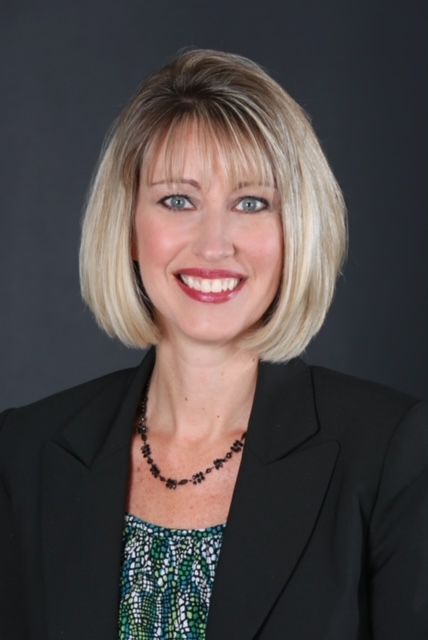
Simple, yet powerful. Dr. Goldman has developed the secret sauce to enable providers to optimize the provider-patient relationship and improve the quality of care, outcomes, and the overall patient experience. Patients will rave about providers who consistently apply these practices.
Michael T Dalley, DO FAAEM
Program Director
Emergency Medicine Residency
Mount Sinai Medical Center
Miami Beach
Clinical Associate Professor, Department of Emergency Medicine
Herbert Wertheim College of Medicine, Florida International University
Clinical Assistant Professor, Department of Emergency Medicine
Dr. Kiran C. Patel College of Osteopathic Medicine, NOVA Southeastern University
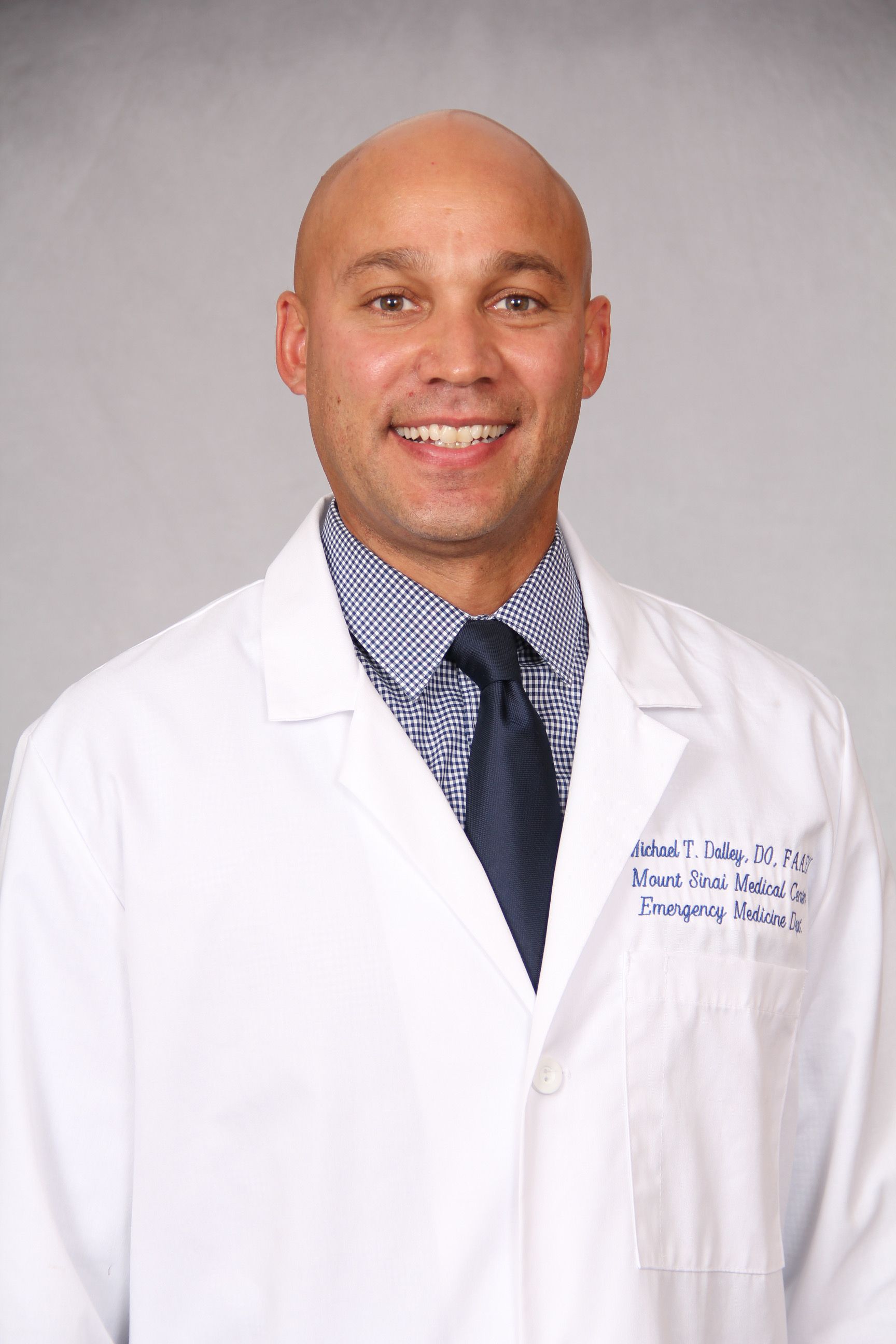
The Goldman- Doctor Patient Guide to Effective communication offers a concise and practical
approach on how to speak effectively with patients and addresses a major void in medical
education. It provides effective conversation tools which when implemented lead to a better
healthcare experience for all involved. It should be incorporated into any curriculum preparing
providers to care for patients.
Jonathan Muñoz
Medical Student
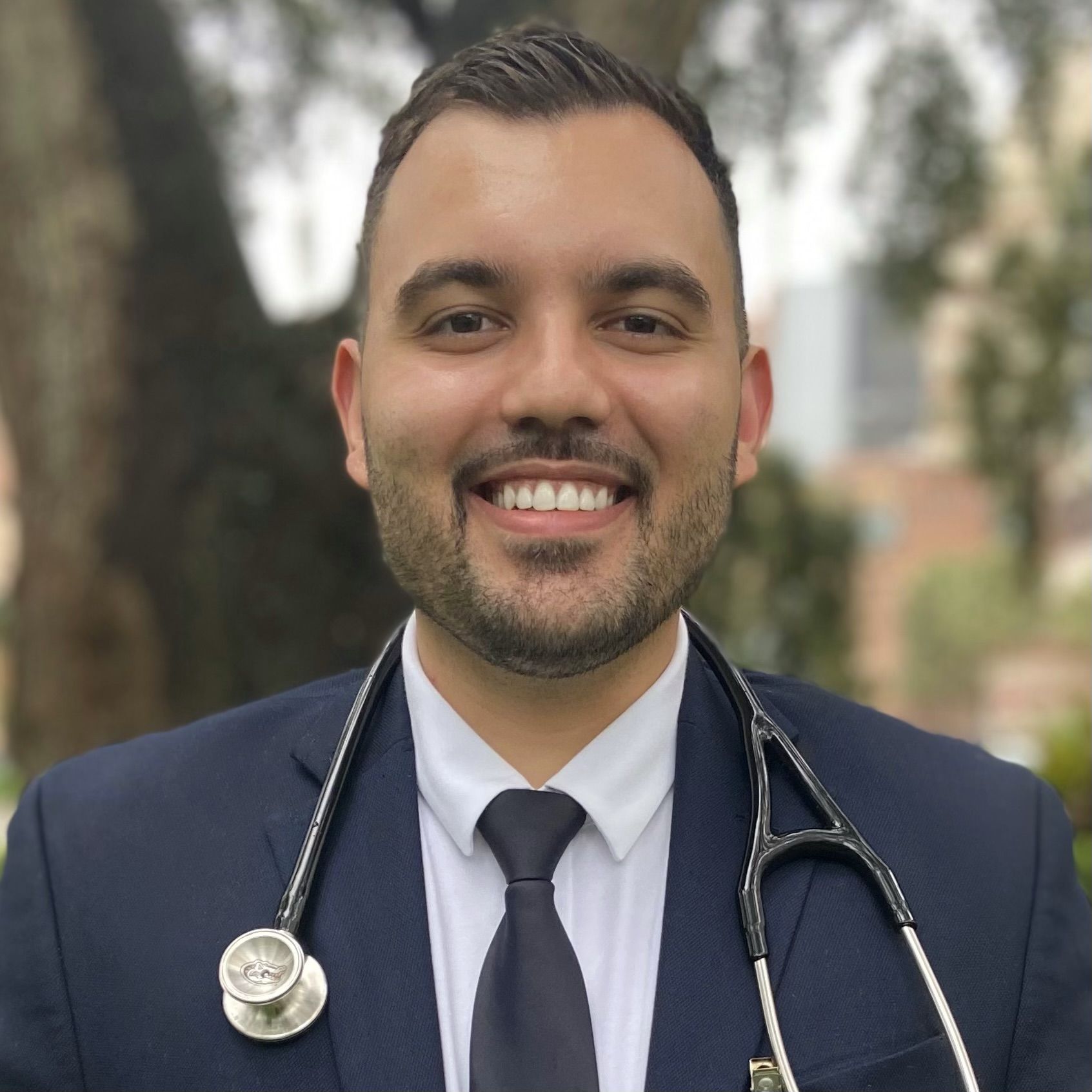
As a current medical student, the Goldman Guide provides an invaluable resource for those
transitioning into their clinical rotations. Dr. Goldman has always been a role model and fierce
advocate for hospital staff camaraderie, patient care, and most importantly, patient
communication. With this guide, we can endeavor to improve the healthcare experience for
everyone involved
Grisel Fernandez-Bravo, APRN, MBA, DNP
Chief Executive Officer
MHS Staffing Resources
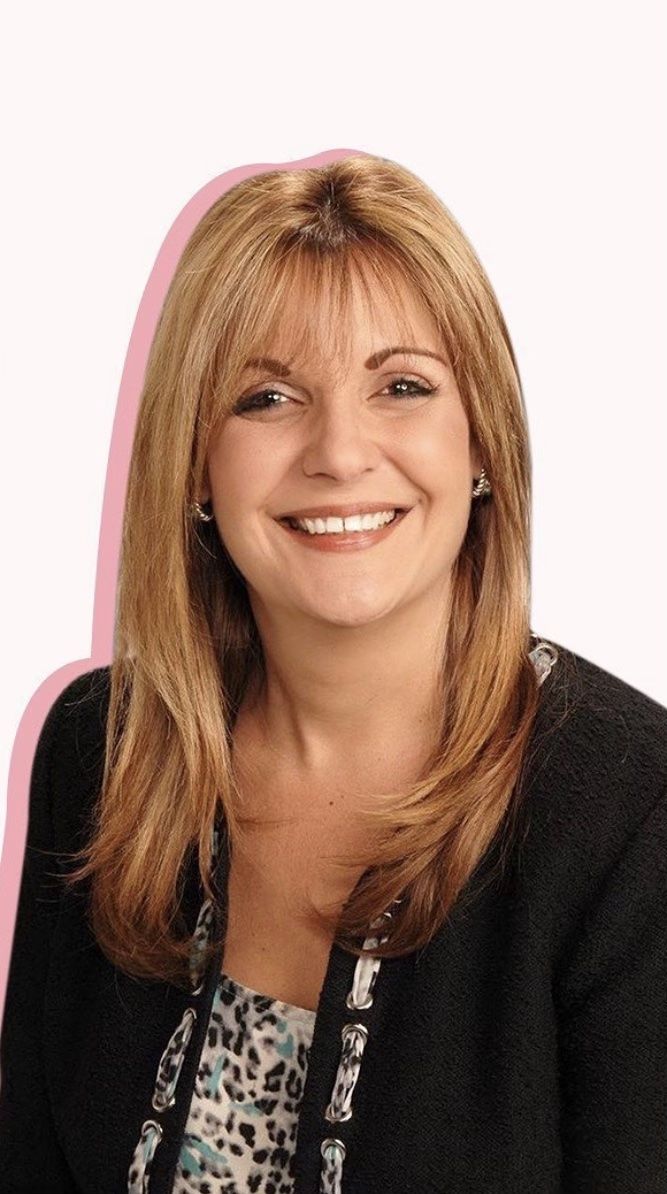
I am Grisel Fernandez-Bravo, a Nurse Practitioner by background and worked with Dr. Kissinger Goldman when I was a Chief Nursing Officer at Memorial Hospital West. I was in charge of Patient Experience at the time and he took a huge interest in making the patient’s experience the best possible when in the emergency department. We worked collaboratively in teaching the staff the importance of making the patient feel comfortable, safe and experience the best care possible.
When he sent me the manuscript on Patient Experience to review, I was not only honored, but impressed as to how informative, educational and well written it was! As both a Nurse Practitioner and Chief Executive Officer today, I know the importance of the patient’s experience and I strongly believe that this manuscript can be (and should be) utilized in educating physicians, allied staff and employees on how to improve the patient’s experience. This tool is truly an invaluable tool!
Ryan Voccia
Emergency Medicine Physician Assistant

During our medical training we learn how to perform a history and physical, develop a differential diagnosis, order, and interpret tests, and come to a diagnosis. What we don’t learn is how to effectively communicate with patients. Dr. Goldmans ‘The Goldman Doctor-Patient Guide to Effective Communication’ is the guide that all medical professionals need to read to communicate in a clear, concise manner, and, most importantly, that patients will understand!
Vedner Guerrier
Chief Executive Officer
Memorial Hospital West
Pembroke Pines, Florida
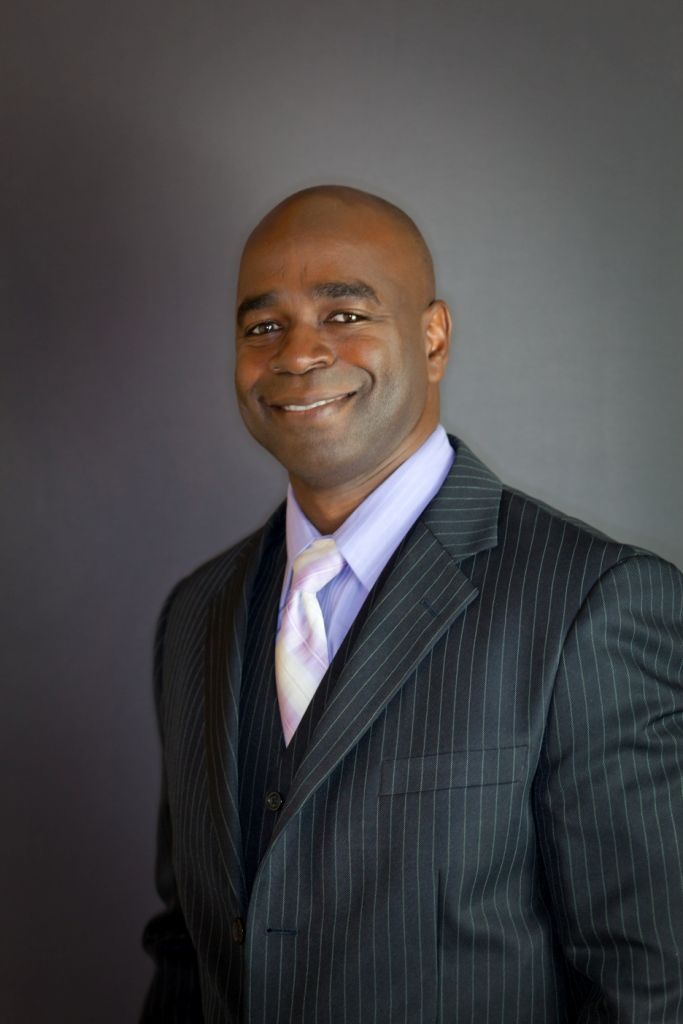
My name is Vedner Guerrier, and I am the CEO of Memorial Hospital West. I reviewed Dr. Goldman's book and enjoyed the experience and the lesson provided within. Daily, we struggle with the patient experience, and this book offers vital strategies that physicians and other caregivers can use to improve all patient interactions.
Wow, I enjoyed this book as it focuses on effective communication styles and approaches, which all aim to improve the patient-physician relationship and foster enhanced communication. Anyone involved in patient care will benefit from this book's real-life situations and answers, allowing us to connect with the patients and families to improve their care experience journey
Jose Basulto, MBA, CPA
Commissioner, Memorial Healthcare System
Hollywood Florida
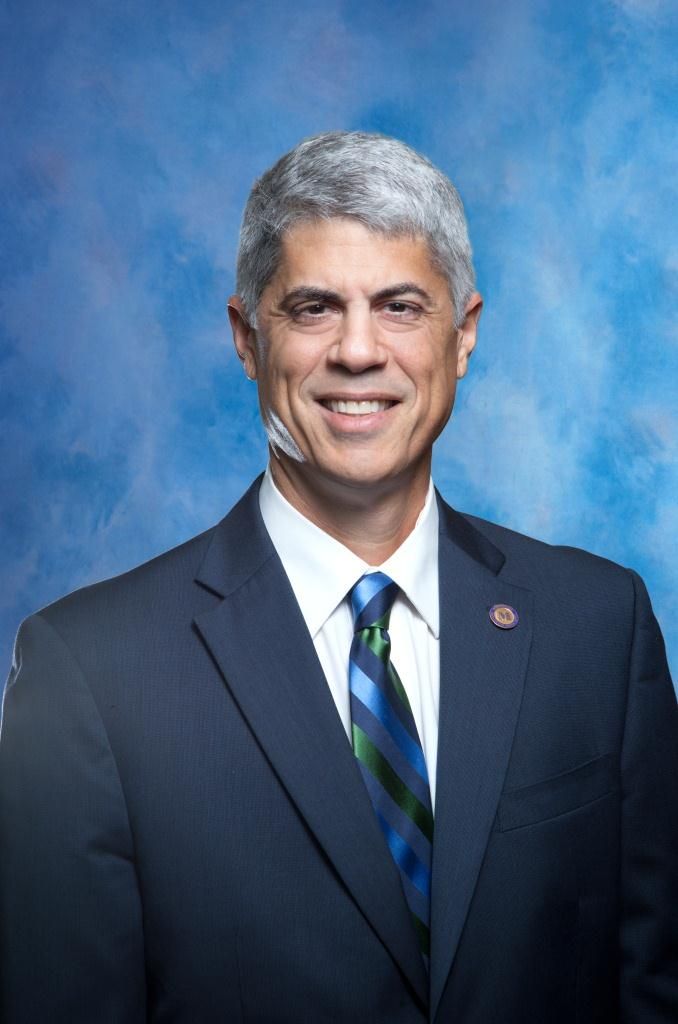
The Goldman Doctor-Patient Guide To Effective Communication, succeeds in the reorientation of the Physician and other caregivers from a purely diagnostic orientation to a communication mindset. This guide recognizes that the patient is far more than a number, in fact there's commonly a person and an entire family to consider when providing care in a hospital setting. This guide will help caregivers to focus on empathy, effective communication and better outcomes.
Dr. Natasha Bray, DO
Dean of OSU College of
Osteopathic Medicine
Osteopathic Medicine
“I had the opportunity to read Dr. Kissinger Goldman's book "Doctor Goldman's Guide to Effective Patient Communication" and work through the on-line curricular course "How to Patient."
I am thankful to see such a thorough, straight forward guide for medical professionals that prioritizes patient-centered communication and provides skills for implementation by busy medical students, residents, and physicians. These concise tools emphasize the critical importance of effective communication in the physician-patient partnership for health.
I highly recommend the book and on-line course to all medical educators engaged in the clinical teaching environment for medical students and residents. This will serve as an important tool teaching / assessing competencies in teaching patient-centered care, professionalism, interpersonal & communication skills, system based practice, cultural competency, and interprofessional collaboration.”
Featured links
Get in touch
-
howtopatient1@gmail.com
-
(954) 408-3195
-
How to Patient6919 W. Broward Blvd.PO Box 117Plantation, FL 33317
Connect with us
-
Facebook
-
Twitter
-
Instagram
-
Linkedin
Copyright © 2023
